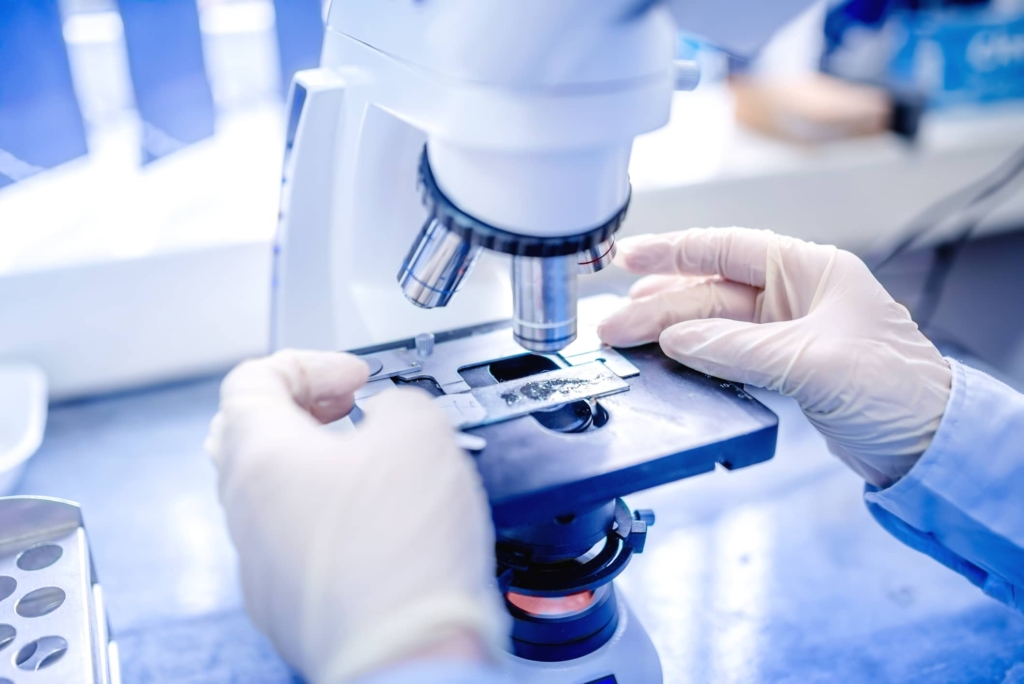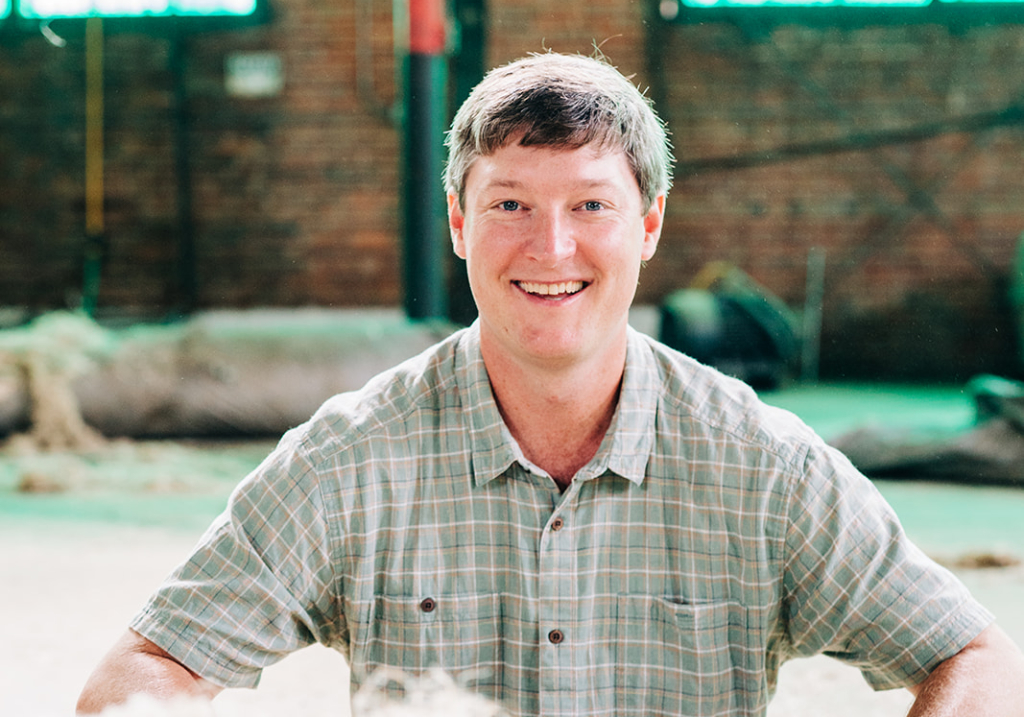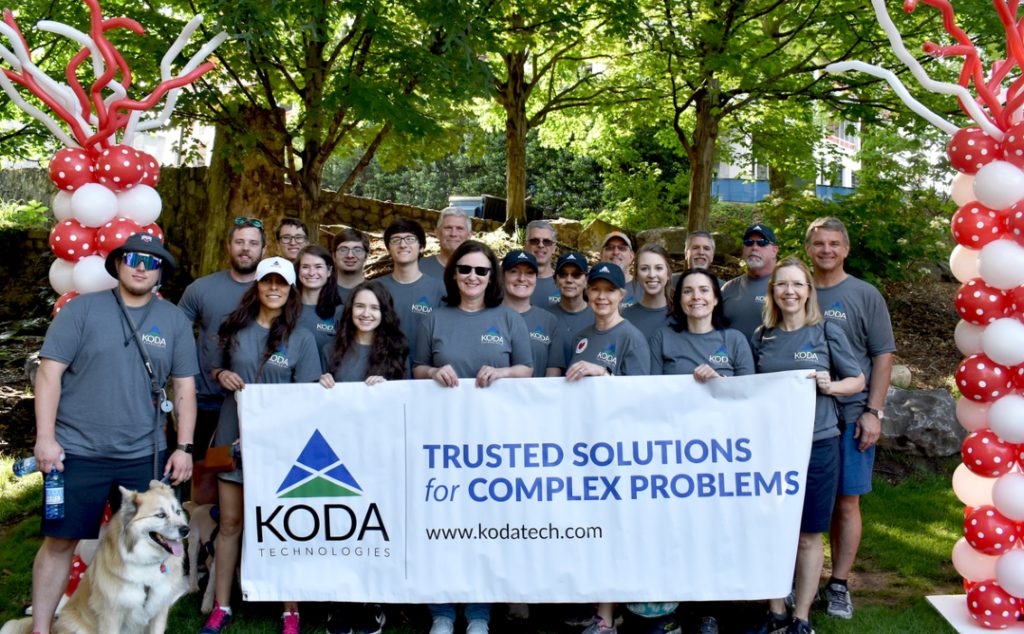May 27, 2025 · Innovators
UAB-Born, Birmingham-Built: YuvaBio’s Path from Discovery to Scaled Impact

A Birmingham startup is rethinking aging from the inside out, using mitochondrial science to drive breakthroughs in healthy aging and longevity.
Yuva Biosciences was born out of research at the University of Alabama at Birmingham (UAB), where Dr. Keshav K. Singh, a globally recognized expert in mitochondrial research, uncovered how impaired mitochondrial health contributes to aging. His work demonstrated that mitochondrial dysfunction is a central driver of aging and age-related conditions like hair loss and skin wrinkles as well as ovarian decline — and that restoring mitochondrial health can mitigate those effects.
Together with serial entrepreneur Greg Schmergel and biotech strategist, Saksham Narang, Dr. Singh co-founded Yuva Biosciences to bring an innovative, clinically and commercially validated platform to market. Their goal: develop products that address aging at the cellular level, with real-world applications in both cosmeceutical, nutraceutical and pharmaceutical contexts.

In 2024, the company reached a commercial milestone through a partnership with BosleyMD. YuvaBio® Y100™, a proprietary bioactive identified through the company’s purpose-built AI engine, MitoNova™, became the primary technology powering a new line of hair restoration products. The product was hailed by Bosley’s Chief Medical Officer as one of the most significant advances in hair loss treatments in decades. The launch helped validate YuvaBio’s research and highlighted the broader potential of mitochondrial science in the consumer wellness space. The product is now selling in Walmart, CVS, Target, online and in multiple countries.
In 2025, the Wall Street Journal reviewed Bosley MD’s Revive+ Hair Densifying Serum, powered by YuvaBio® Y100™, calling it “fast-acting and affordable” and highlighting its ability to repair breakage and reverse thinning hair by extending the growth phase. The article specifically pointed to the serum’s role in addressing postpartum hair loss, offering an early proof point of how mitochondrial science can improve women’s health outcomes. This national media recognition validated YuvaBio’s science not only with partners and consumers, but also in one of the world’s most respected business publications.
Building on that momentum, YuvaBio is now expanding its focus to ovarian aging and reproductive health—areas where mitochondrial decline, much like in skin and hair, plays a key role in fertility loss and menopausal symptoms. The company’s research aims to support women’s health and improve outcomes related to aging.
Progress in this area requires more than a scientific breakthrough. Early-stage biotech ventures also need lab space, funding and access to a network that supports growth. In Alabama, those resources are becoming more available through public-private partnerships.
In 2023, state leaders launched the Innovate Alabama Tax Credit Program, which allows organizations like Southern Research to raise funds for entrepreneurial support. One of the program’s first outcomes was the creation of Station 41, a therapeutics incubator in Birmingham backed by nearly $3 million in tax credit-derived investments.
Yuva Biosciences became one of Station 41’s first grant recipients. In 2024, the company received support from the Station 41 Therapeutics Development Fund, gaining both capital and access to flexible lab space alongside other early-stage ventures. That support allowed YuvaBio to accelerate its work on ovarian aging and scale its operations without leaving the state.
“Southern Research’s Station 41 Therapeutic Development Fund has been instrumental in advancing our ovarian aging and reproductive health research program,” said Saksham Narang, Co-Founder and Vice President of Yuva Biosciences. “We’ve built a strong team in Birmingham, launched new products with partners and now have the support to deepen our research and continue growing in a place that believes in what we’re building.”
YuvaBio now operates among a growing group of companies at Station 41. Some, like YuvaBio, began in Alabama. Others have relocated to take advantage of the lab space, early-stage capital and collaborative infrastructure now emerging in Birmingham. In 2024, Southern Research projected the incubator will help create 139 biotech jobs, support almost 700 other jobs and generate over $9 million in statewide economic impact through 2025.
“We designed the Tax Credit Program to strengthen Alabama’s innovation infrastructure by giving our partners, like Southern Research, the tools to support founders already driving new ideas forward,” said Kelly McNair, Innovate Alabama Tax Credit Program Director. “As more homegrown companies like YuvaBio gain traction, we’re showing that Alabama is open for business and committed to building an ecosystem where innovation can take root and thrive.”
YuvaBio’s growth shows what’s possible when scientific discovery is matched with the resources to move it forward. By building on academic research, forging thoughtful partnerships and choosing to grow in Alabama, the company is contributing to a growing biotech landscape that is more connected, more capable and increasingly ready to compete.
Get the Download
The latest stories of inspiration and innovation happening all around our state, right to your inbox.



